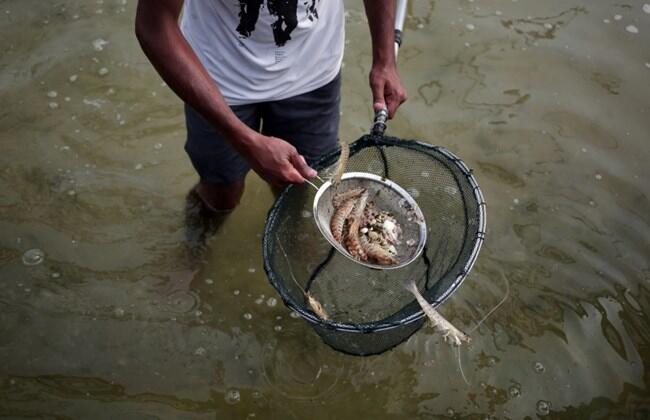The region is undergoing a “nutrition transition” from traditional, sustainable foods toward more meat and dairy products, a new report by the U.N. and International Centre for Advanced Mediterranean Agronomic Studies said Thursday. The bottom line is that many in southern Mediterranean countries, from Egypt to Lebanon, Morocco and Turkey, are piling on the kilos, struggling increasingly with obesity and chronic diet-based diseases, the U.N.’s food agency said. “Globalization, food marketing and changing lifestyles – including changes in the roles women play in society – are altering consumption patterns in the Mediterranean,” the report said. The famous diet is based on cereals, vegetables, pulses and a moderate intake of fish and meat, but tourism, urban development, depletion of natural resources and a loss of traditional knowledge are altering the menu. Products are being increasingly sourced from outside the region – only 10 percent of the local crop varieties cultivated in the past are still grown today – which affects not only local food producers but also the environment. “The Mediterranean diet is nutritious, integrated in local cultures, environmentally sustainable and it supports local economies,” Coordinator of FAO’s Sustainable Food Systems ProgramAlexandre Meybeck said. “This is why it’s essential that we continue to promote and support it.” Agence France Presse











